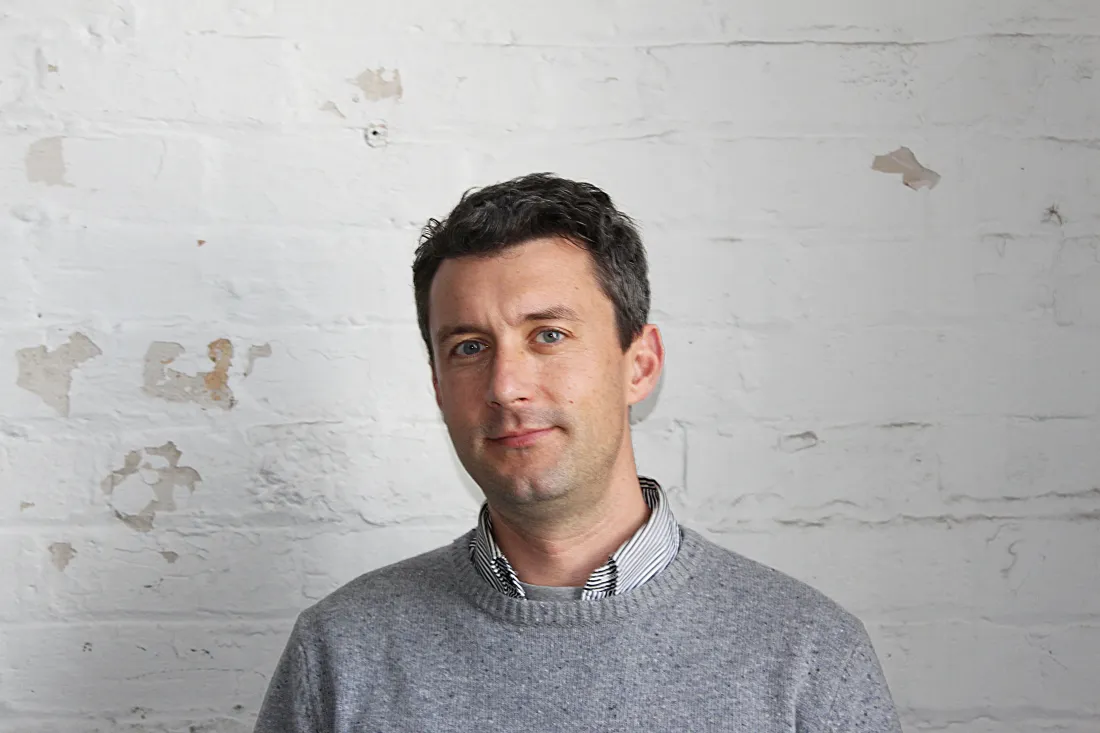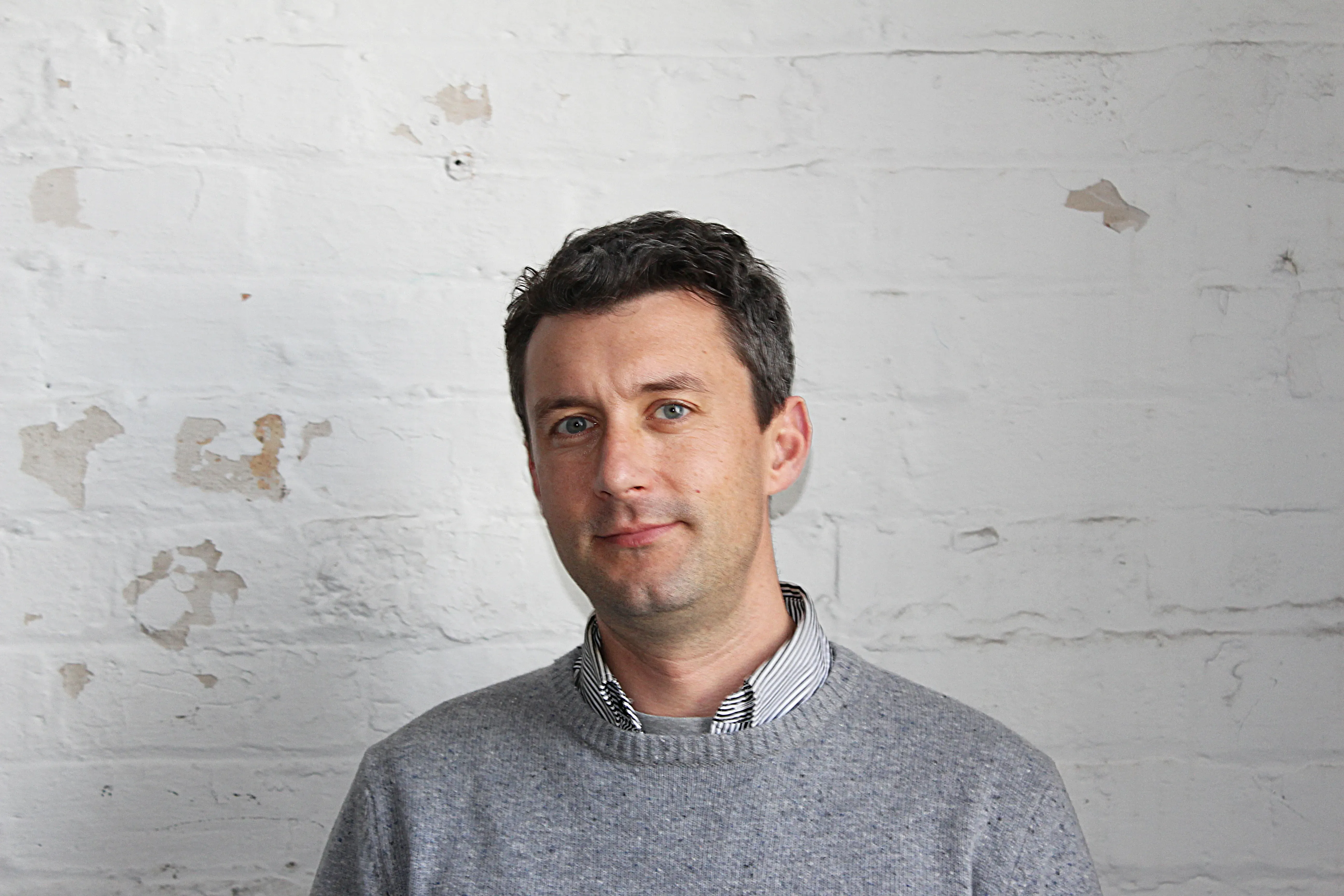Going all in
Written by


Duncan Greive sees creativity in everything he does as founder and editor of The Spinoff. How they approach and frame stories, the style of journalism, communicating ideas, getting people to respond, making strategic decisions.
“There’s heaps of creativity in business.”
All those decisions collectively have a shape, form and a feel to them and are all entrepreneurial to an extent, says Duncan.
“It is diffusing of the creativity of both the business and the craft of what it is we’re doing and the entrepreneurial spirit of giving it a go, figuring it out on the fly, taking deep breaths and not being overawed by the scale of problems or opportunities in front of you.”
He says it’s also about the pleasure, challenges and responsibilities of employing people.
“I certainly had no idea how demanding it was to run a business. All the different decisions you had to make, things you had to think about, until I did it. And even though it’s the hardest thing I’ve ever done, it’s also the most rewarding.”
While Duncan openly talks about the success of The Spinoff and business model that funds it, writing both editorial and sponsored content, he’s also comically self-effacing.
“Everything sounds so arrogant, even when I say it out loud, but I found the process of starting The Spinoff and working on it the most incredibly energising thing.”
Listen to an extract of the interview, by The Big Idea editor Cathy Aronson, and read more of Duncan’s story below.
Creative - Entrepreneur
While travelling on the train to get home to his family in Kingsland, the 36-year-old father of three emailed Arts Regional Trust (ART) a telling quote for the Hynds Creative Entrepreneur Award press release.
"The last couple of years have been the most draining and rewarding of my life. Starting The Spinoff was done on something like a whim, but has swollen to engulf nearly my entire life, as my wife and kids can unfortunately attest…..I love The Spinoff so much, and the energy generated by our incredible staff and contributors. It's killing me – but this award has been the most extraordinary gift, and came along at the perfect time."
It’s a ride he started in 2014, The Spinoff is celebrating two years on September 10, and hasn’t stopped since.
He started with TV critic Alex Casey, working from a friend's office in La Gonda Arcade on K’ Rd in Auckland. By May last year he’d taken over the top floor 300sqm office space on Customs St East, before leasing it to Kowhai Media, Parkable and Topdeck Travel.
The annual revenue for year ending July 2016 was $800,000, quadrupling from the previous year. They’ve also quintupled the head-count, with nine full-time employees and four contractors working in the business, writing for both The Spinoff and the commercial side, plus paying freelancers.
The Spinoff started as an experiment and extrapolation of Duncan’s freelance writing career. He had no designs for its scale, with on average 375,000 unique users per month, or ambitions to be bigger again. It just evolved, and his “mad quest” has consumed him ever since.
“It’s consumed all of my spare time but also my brain space. It’s very much been something that’s crept in the night and stolen all of that stuff. But I’ve been very willing to give that all up.”
Not an uncommon trait for a creative entrepreneur, says ART project director Candy Elsmore.
“Often they are so absorbed in the day-to-day, and making it all work, they may not even have the time to think about themselves as being a business owner let alone recognising they might be a ‘creative entrepreneur’.
“People may see themselves as creative in what they do and how they go about things, and even recognise that they are entrepreneurial in their outlook and approach, but may not think about putting the two together.”
Duncan says it was only when he got the award he realised that’s what he was.
“I didn’t know what the hell I was doing, it turns out it was that,” Duncan declared to a full room at Q Theatre at the ART Awards on 31 August.
Risky business
The Spinoff, known for popular culture and opinions, started as a commercial opportunity and conversation with his ‘friend’ working at Lightbox about how to make sense of a back-catalogue of TV shows. It led to joining forces with Alex, whom he credits at every opportunity for the volume of work, energy and tone of The Spinoff.
“We just started the site to talk about the telly and yet quite quickly it started to fill a void for people and become a place where communities that weren’t necessarily being heard or stories that weren’t being told elsewhere started to flood into.”
Duncan says they’ve grown because they can make quick decisions without seeking permission, trust their instincts, learn from mistakes, adapt and improve by constantly iterating both the business and editorial.
“The process has been quite galvanising in the sense that there’s a freedom and yes a creativity to what we are trying to do, reimagining both the content of media and also the process by which it’s funded.”
After working as a freelancer and editor for others for the past 10 years, clocking up Canon Awards for sports and arts along the way, he was ready to do it his way. His career has spanned from a stint in marketing, editing Real Groove, running a sports blog Deadball and freelancing for Metro magazine including an interview about Dan Carter’s undies which turned into writing the All Black's autobiography.
His ideas for The Spinoff were based on logic and intuition rather than research.
“It was just looking at it and going this thing is fucked. It’s completely broken. How would you design it that better incentivises behaviour and production of good work, and let’s just try to figure out a way to do that.”
Yes it was risky, a word often associated with entrepreneurs, and one he embraces along with business lingo like disruption and innovation. Media and journalism is an inherently risky profession, but so is life says Duncan, and he viewed starting The Spinoff as a controlled risk.
“I didn’t feel like it was much more risky than just sitting there and hoping this coming storm was just going to go somewhere else, I felt like it was coming regardless.”
His approach was to create a business case first, who will pay for it and who will benefit from it. Otherwise no matter how beloved, it will always be vulnerable.
He’s discovered he can be under pressure, in situations that in the past would have “terrified” him. “Every time you unravel one the next one doesn’t seem so shattering.”
Secrets to a ‘Measure of Success’
Some of what Duncan describes as a ‘measure of success’ is by design. He admits to a fierce sense of purpose, from the early days as a ‘loner’ at school with a lot of self-doubt but also self-confidence, to the rejection from other publications when he was freelancing. The Spinoff started as a ‘look what we could have done together’ manifesto.
He has a genuine fascination with business, is a subscriber to Bloomberg Businessweek and The Economist, and has personal networks but no official business mentors or training.
“I find the process by which the smallest to biggest businesses, to industry, to sectors, to countries relate to each other and convey value endlessly interesting.”
Duncan describes it as an unofficial publishing centric MBA in just doing it. “It’s like pantomiming what you think it looks like.” It's about trusting your gut, guessing and learning from mistakes.
He’s also gearing up for the next level of growth and 'adulting', with advisory boards and growth strategies.
He has observed what makes others successful, to extrapolate lessons from tech entrepreneurs to sports stars, and knows it demands devotion and sacrifice.
Duncan says he often takes stock to appreciate his lot after many years of not being happy in his personal and professional life.
He has a back-story, including as a young father at age 21 working as a postie six days a week for about two years. He points out it wasn’t a bad job and he liked the physicality and being outside, but it just wasn’t right for him. “I felt pretty despairing a lot of that time.”
Trying's Lame
As the media star that is The Spinoff continues to rise it’s easy to find Duncan commenting on everything from Auckland housing to housewives. In turn the ‘disrupted’ media are lauding, and now starting to critique, his business model.
Duncan says he knows other digital publishers have trail-blazed before them and The Spinoff is getting a ‘disproportionate amount of attention’ and also less flak than mainstream media.
“I’m very conscious that this honeymoon won’t last forever.” But for now being young and new online is great for business and “we’ll take it”.
He’s not bothered by the critique or analysis of their business model. About 20 per cent of the content on The Spinoff is sponsored, and most of their revenue is from creating customised content for brands. This pays for the writers, who split their time between both.
Creating a sustainable model for funding journalism consumes his thoughts and he openly shares their experiences. He’s often popping up from panels at Christchurch WORD on Reimagining Journalism based on a book by his peers, to holding his own with Kim Hill on Radio NZ.
“We’re genuinely trying to do good work to make it clear to both brands, our audience and our writers, precisely what it is we are and aren’t doing and what is and isn’t acceptable."
He says their work is public, so are their mistakes. They won’t always get it right, but aspire to do the right thing, evolve when they make mistakes and not let it pull the team apart. They are still figuring things out, but have walked away from big deals.
“I think people respond to that sense of openness and transparency that we aspire to.”
He doesn’t believe in tall poppy syndrome but rather what a friend referred to as ‘trying's lame’, a generational thing that ‘has been’ part of the NZ character, to not make too much of an effort.
He’s inspired by the recent generation of New Zealanders like Lorde, Lydia Ko and Parris Goebels who have ‘gone all in’ and achieved extraordinary things.
“I was like why not just go all in and if it doesn’t work out well, you know, you won’t die wondering. And that’s what The Spinoff is for me, it’s me putting everything I have into this thing and if it fails I’m so fine with that. I’d love to just work an ordinary job with ordinary hours again, but I’d like to just see where it goes.”
Not that he has any plans to let it collapse. Duncan says the era of chaos and flux makes them invent as they go to ride it, because there is no other option.